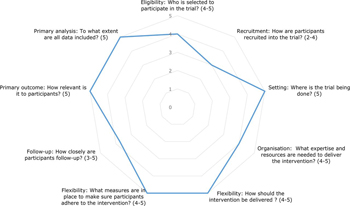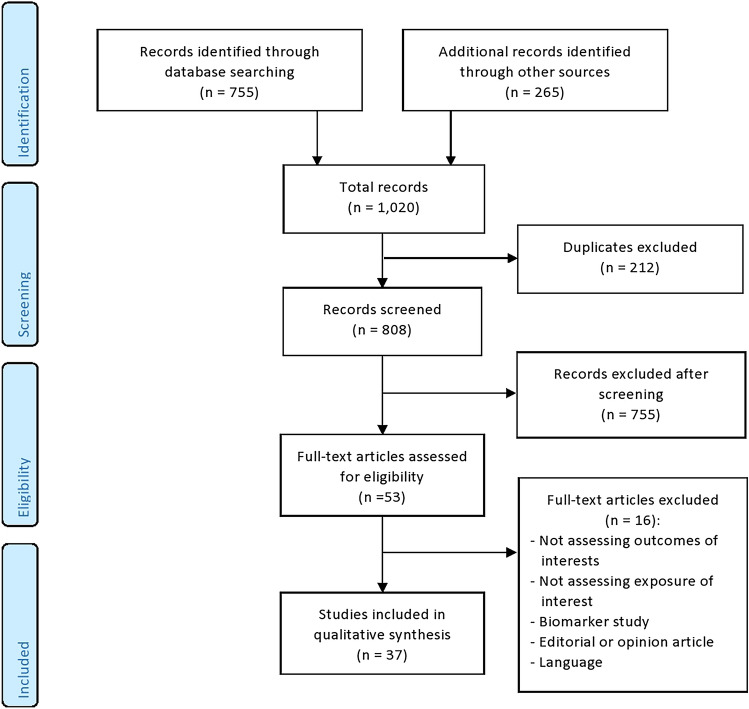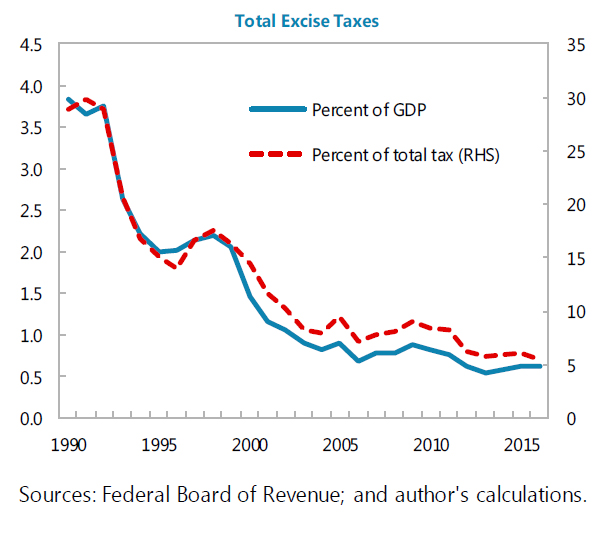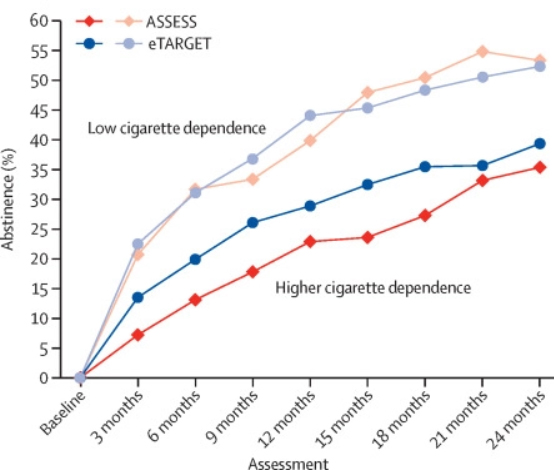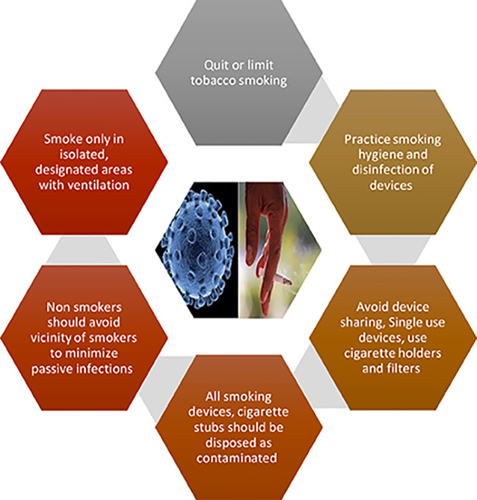The impact of e-cigarette exposure on different organ systems: A review of recent evidence and future perspectives
The use of electronic cigarettes (e-cigs) is rapidly increasing worldwide and is promoted as a smoking cessation tool. The impact of traditional cigs on human health has been well-defined in both animal and human studies. In contrast, little is known about the adverse effects of e-cigs exposure on human health.
The risk profile of electronic nicotine delivery systems, compared to traditional cigarettes, on oral disease: a review
The use of electronic nicotine delivery systems (ENDS) has exploded, especially among teenagers and new smokers, amid widespread awareness of the dangers of traditional tobacco and restrictions on smoking. However, the risk effects of ENDS on physical health, especially oral health, are still ambiguous.
The global impact of tobacco control policies on smokeless tobacco use: a systematic review
Background: Smokeless tobacco, used by more than 300 million people globally, results in substantial morbidity and mortality. For smokeless tobacco control, many countries have adopted policies beyond the WHO Framework Convention on Tobacco Control, which has been instrumental in reducing smoking prevalence.
Electronic cigarettes and health outcomes: epidemiological and public health challenges
Electronic cigarettes and health outcomes: epidemiological and public health challenges
Vaping and Mental Health Conditions in Children: An Umbrella Review
The e-cigarette (EC) epidemic began in the United States (US) in 2007; since 2014 EC is the most commonly used form of tobacco. However, the mental health implications of vaping are grossly unknown. The aim of this umbrella review is to provide astate-of-the-art summary of existing research concerning vaping and mental health conditions in children.
Vaping Cessation Interventions in Former Smokers: A Review
This review provides an overview of potential vaping cessation interventions in adult former smokers. The interventions reviewed are: varenicline, bupropion, nicotine replacement therapies (NRT), and behavioral therapy. Evidence for intervention effectiveness is provided when available, such as for varenicline, whereas recommendations for bupropion and NRT are extrapolated from case studies or smoking cessation guidelines.
Identifying spin bias of nonsignificant findings in biomedical studies
Objective: The purpose of this research note is to share a technique for the identification of spin bias that we developed as part of a living systematic review on the cardiovascular testing of e-cigarette substitution for cigarette smoking. While some researchers have remarked on the subjective nature of ascertaining spin bias, our technique objectively documents forms of spin bias arising from the misrepresentation of nonsignificant findings and from the omission of data.
Common adverse events of electronic cigarettes compared with traditional nicotine replacement therapies: A systematic review and meta-analysis
Issues: Established literature suggests that electronic cigarettes (EC) are more effective than traditional nicotine replacement therapies (NRT) as a smoking cessation aid, but the factors that mediate this difference remain poorly understood. We examine how adverse events (AE) associated with EC use relative to NRTs differ, with the view that differences in AEs experienced may drive differences in use and compliance.
Nicotine receptor partial agonists for smoking cessation
Background: Nicotine receptor partial agonists may help people to stop smoking by a combination of maintaining moderate levels of dopamine to counteract withdrawal symptoms (acting as an agonist) and reducing smoking satisfaction (acting as an antagonist). This is an update of a Cochrane Review first published in 2007.
A scoping review of studies on the health impact of electronic nicotine delivery systems
We conducted a scoping review of studies on health outcomes from electronic nicotine delivery systems (ENDS). The objective was to identify, narratively synthesize, assess the strength and quality of evidence and critically appraise studies that have reported disease end points associated with the use of ENDS. We included published literature on the health impact of ENDS from 01/01/2015 until 01/02/2020 following the PRISMA guidelines using PubMed, Embase, Scopus and Google Scholar.
Research
Reports
Featured Posts
Effectiveness and safety of nicotine patches combined with e-cigarettes (with and without nicotine) for smoking cessation: study protocol for a randomised controlled trial
